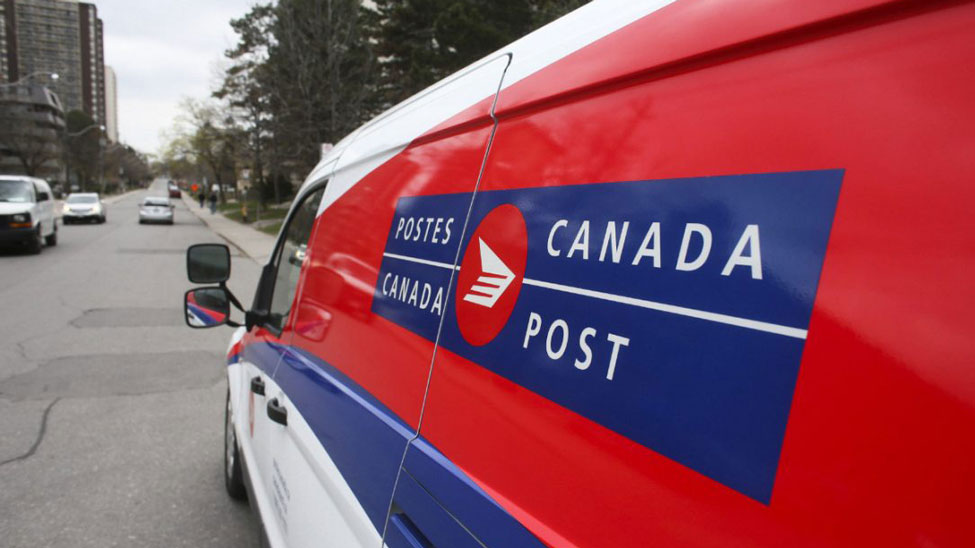
Canada Post reports $153 million loss in 2019 before the pandemic

Canada Post has reported significant losses in 2019, as its Parcels business grew at a slower pace in 2019 as the competition in e-commerce delivery intensified.
Meanwhile, the mail business continued to decline as Canadians communicate, transact and advertise more by digital means. At the same time, the number of addresses receiving daily mail and parcel service climbed by 168,000.
The recurring trends of parcels growth and mail decline continued to drive a shift in Canada Post’s economics and operating model. Parcels processing and delivery requires more technology, space in buildings and vehicles, and time interacting with customers, making it significantly more costly than sorting and delivering letters.
Canada Post has a long-standing mandate to serve all Canadians while remaining financially self-sufficient, and it funds its operations with the revenue generated from the sale of its products and services, not taxpayer dollars. The important balance required to successfully fulfill this dual mandate is a challenge. The company is addressing this challenge as it invests and evolves to meet Canadians’ changing needs and expectations.
The coronavirus disease (COVID-19), declared a pandemic in March 2020, did not have a material impact on our 2019 financial performance. However, it has the potential to significantly impact the Canadian and global economy and therefore our business in 2020 and, possibly, going forward.
Parcels results
In another year of growth, Parcels revenue increased by $232 million compared to 2018, exceeding $2.7 billion. It slightly exceeded revenue from letters, bills and statements (Transaction Mail) for the first time.
Canada Post’s strategy to lead in business-to-consumer e-commerce delivery increasingly anchors the business. During the 2019 peak holiday season, Canada Post set records by delivering more than 2 million parcels in a single day three times, and 1.1 million parcels on a single weekend, while keeping a strong focus on safety. Parcel growth, however, underperformed compared to 2017 and 2018. The decline in growth rates traces back to the 2018 labour disruption, as well as the impact of a softer economy in the first half of 2019. In addition, Canada Post is now competing not only against established couriers but also against new, low-overhead delivery providers as online retailers diversify their shipping partners.
Domestic Parcels revenue, the largest product category, increased by $204 million or 11.0% over 2018, while volumes increased by 26 million pieces or 13.2 % compared to 2018, when volumes were lower due to a labour disruption.
Transaction Mail results
Transaction Mail is primarily letters, bills and statements. In 2019, Transaction Mail revenue decreased by $69 million or 2.5 %, and volumes fell by 192 million pieces or 6.4 % compared to 2018.
Transaction Mail generated more than $2.7 billion in 2019, or 40% of the Canada Post segment’s revenue (it was 55 % in 2006, the peak year for Transaction Mail volumes). The number of Canadian addresses grew by 168,000 in 2019, contributing to higher costs.
Direct Marketing results
Direct Marketing revenue decreased by $32 million or 3.0% and volumes fell by 75 million pieces or 1.6% compared to 2018. The Direct Marketing line of business generated $1.1 billion or 16% of the segment’s revenue in 2019.
Group of Companies results
The Canada Post Group of Companies posted a loss before tax of $23 million in 2019, compared to a loss before tax of $118 million in 2018. In 2019, as in 2018, the results can be attributed to a loss in the Canada Post segment, partially offset by Purolator’s profit. The Purolator segment recorded a profit before tax of $152 million in 2019, compared to a profit before tax of $161 million in 2018, a decrease of $9 million or 5.2%.
Visit Financial Reports for the full report.









